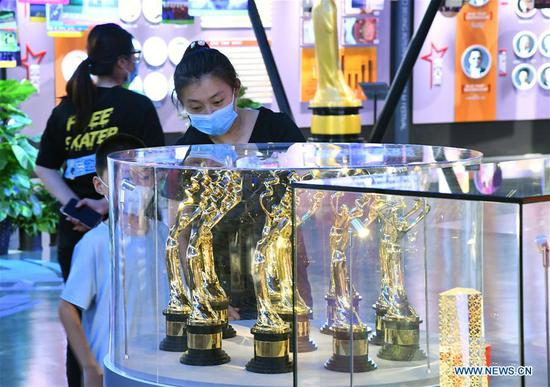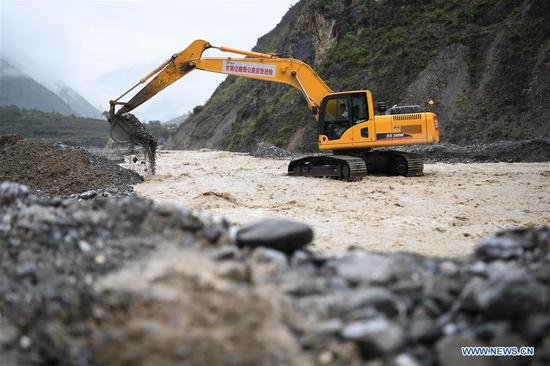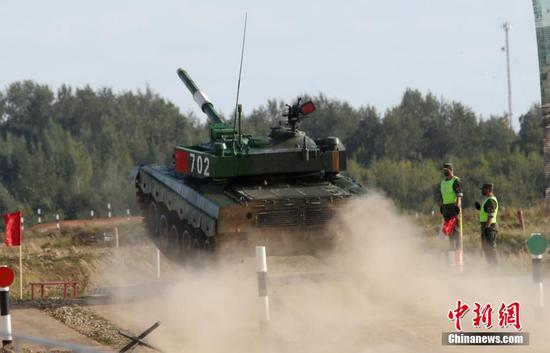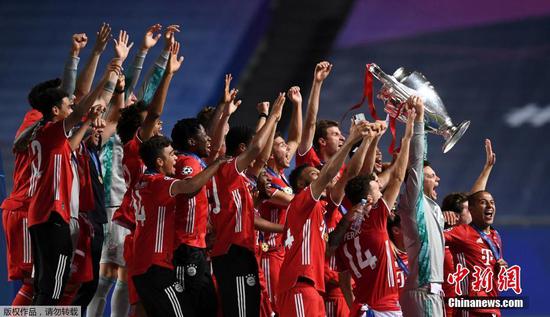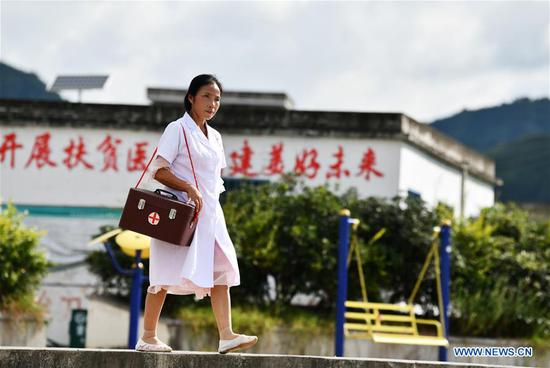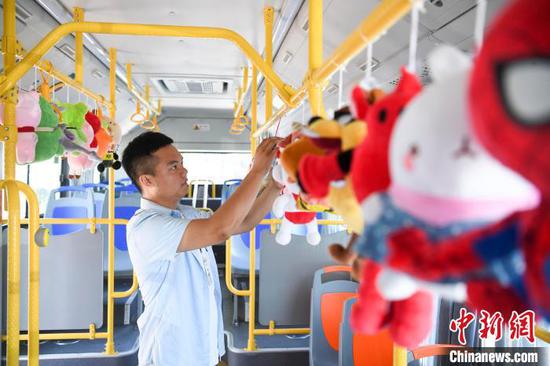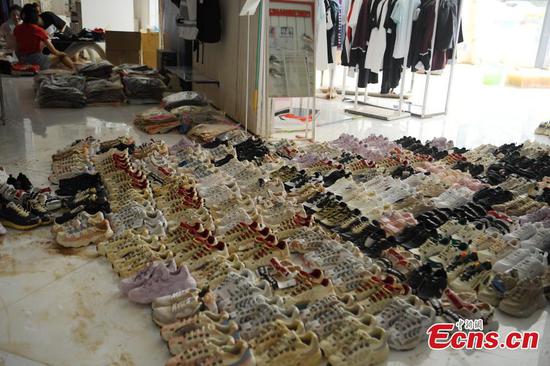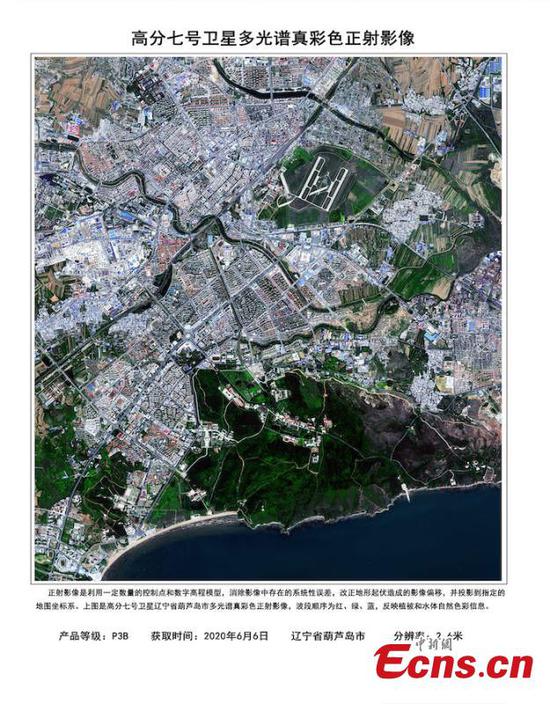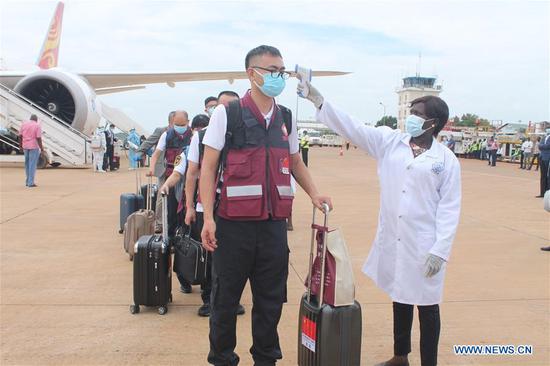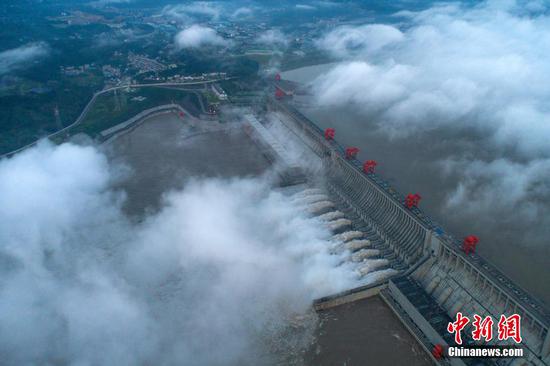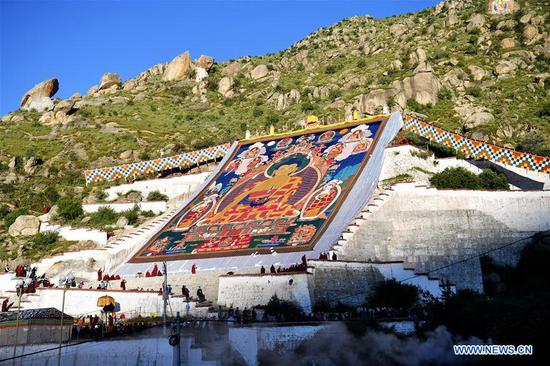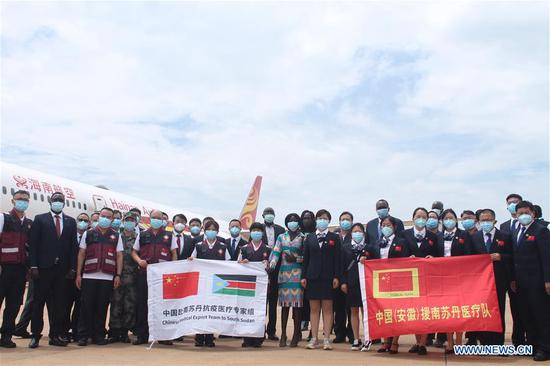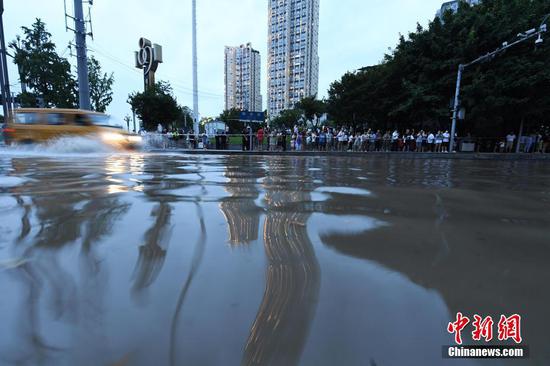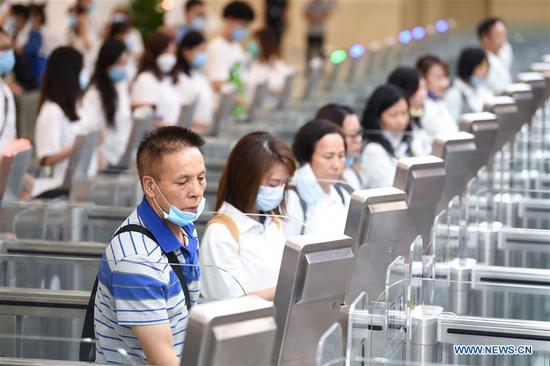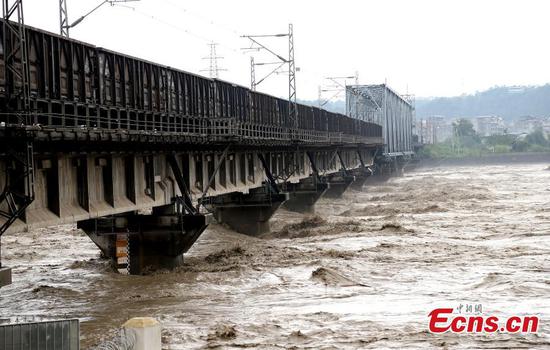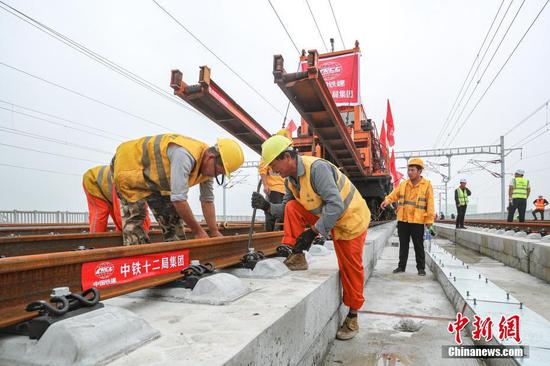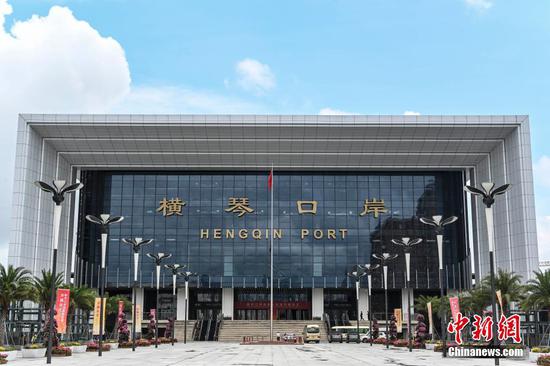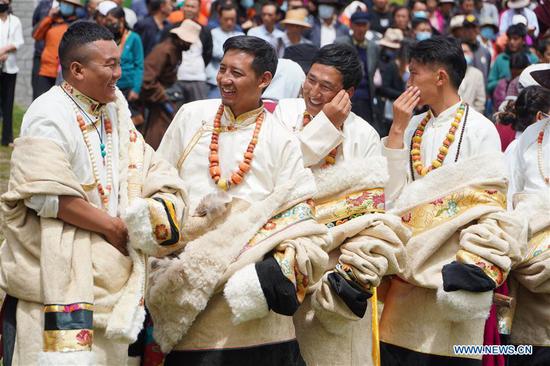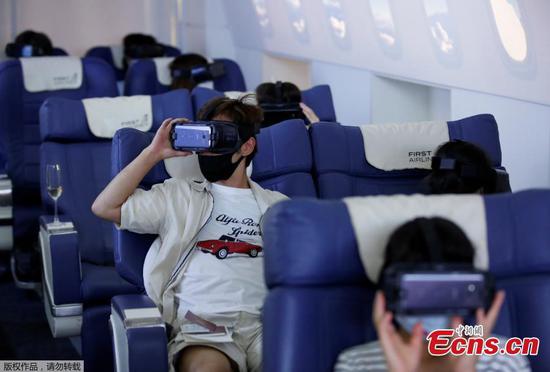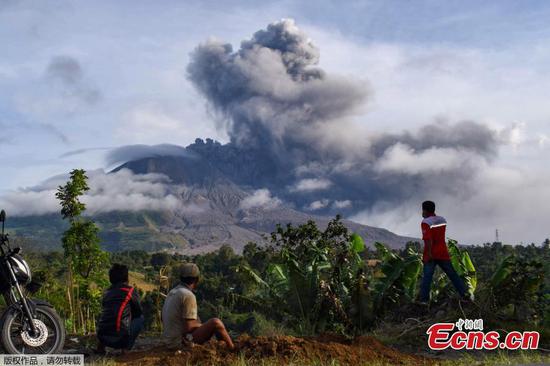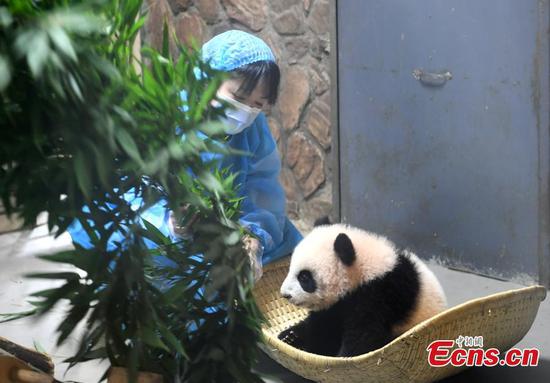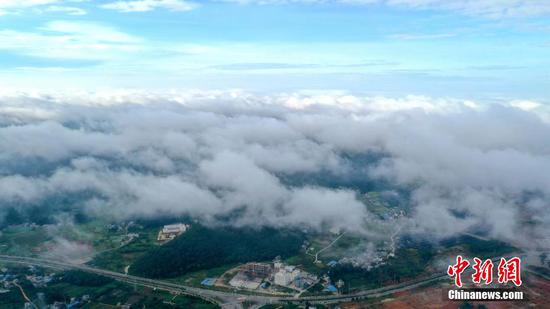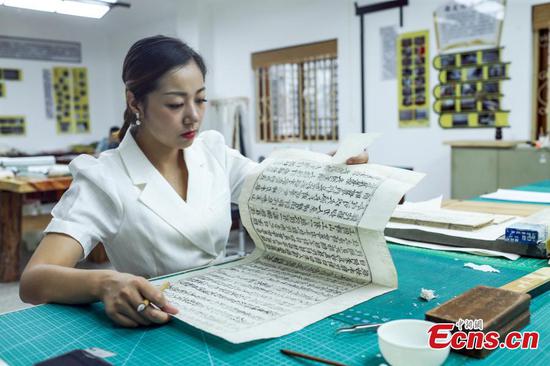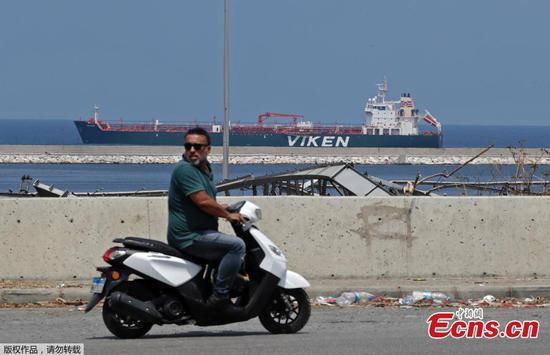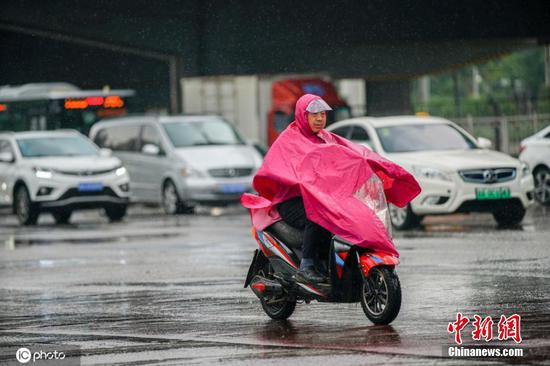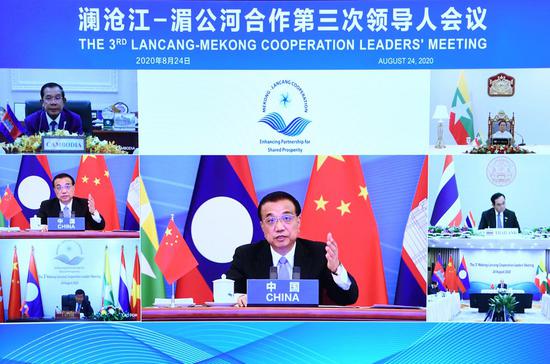
Chinese Premier Li Keqiang attends the third Lancang-Mekong Cooperation Leaders' Meeting via video link at the Great Hall of the People in Beijing, capital of China, Aug. 24, 2020.
Lancang-Mekong Cooperation (LMC) countries expressed their readiness to expand cooperation in areas such as water resources, connectivity and public health as the third LMC leaders' meeting got underway via videolink Monday.
The meeting, under the theme "Enhancing Partnership for Shared Prosperity," was co-chaired by Chinese Premier Li Keqiang and Prime Minister Thongloun Sisoulith of Laos, the LMC Co-Chair, and attended by Prime Minister Hun Sen of Cambodia, President U Win Myint of Myanmar, Prime Minister Prayut Chan-o-cha of Thailand, and Prime Minister Nguyen Xuan Phuc of Vietnam.
CHINA'S PROPOSALS
"Starting from this year, China will share the Lancang River's hydrological data for the whole year with the Mekong countries," Li said at the meeting.
The meeting was co-chaired by Li Keqiang and Prime Minister Thongloun Sisoulith of Laos, and attended by Prime Minister Hun Sen of Cambodia, President U Win Myint of Myanmar, Prime Minister Prayut Chan-o-cha of Thailand, and Prime Minister Nguyen Xuan Phuc of Vietnam. (Xinhua/Rao Aimin)
Lancang and Mekong refer to the same river. It is called Lancang in China and Mekong after flowing out of the country into Myanmar, Laos, Thailand, Cambodia and Vietnam.
The Chinese premier noted that China will work with other LMC countries to establish a Lancang-Mekong Water Resources Cooperation Information Sharing Platform to better tackle climate change and natural disasters such as floods and droughts.
To promote connectivity, Li proposed synergizing the LMC with the New International Land-Sea Trade Corridor, which passes through western China and connects Southeast Asia with the Eurasian continent.
"Greater synergy between the LMC and the Corridor will make trade routes more convenient and enable the leveraging of more resources from western and southwestern China and the Association of Southeast Asian Nations (ASEAN) members, and thus channel more inputs to the Mekong countries," said Li.
"Cambodia highly appreciates China for its efforts in producing vaccines and its commitment to ensuring its accessibility and affordability for developing countries," said Cambodian Prime Minister Samdech Techo Hun Sen at the meeting.
"China shares hydrological data with LMC countries and gives priority to providing vaccines to LMC countries, demonstrating China's role as a responsible country and its efforts to promote building a community of shared future for mankind," said Zhang Lili, a professor with China Foreign Affairs University.
BLUEPRINT FOR FUTURE COOPERATION
A Vientiane Declaration was released after the meeting, stressing the six countries' willingness to enhance partnership on political and security cooperation, economic and sustainable development cooperation, social, cultural and people-to-people exchanges and LMC cooperation mechanism.
"Reaffirming that strengthening multilateralism to support win-win cooperation is essential for addressing challenges and ensuring the benefit to all members," said the Declaration.
The meeting was slated for the beginning of the year in Vientiane, Laos, but was postponed due to the pandemic.
"At a time of global growth deceleration, securing new sources of growth in our sub-region is a must," said Hun Sen at the meeting.
This meeting demonstrated the resolve of all parties to jointly expand cooperation, said Prime Minister Prayut Chan-o-cha of Thailand, expressing the readiness to work jointly to face challenges and turn crises into opportunities to ensure sustainable development and prosperity.
According to the co-chairs' statement on synergizing the Mekong-Lancang cooperation and the New International Land-Sea Trade Corridor, which was also discussed at the meeting, all parties reaffirmed "commitments to promote cooperation on connectivity, trade, investment and production capacity."
"We will enhance cooperation in digital economy, human resource development as well as micro, small and medium enterprises in order to effectively navigate the negative impact of COVID-19 pandemic, to boost employment and resume production and economic recovery," said the statement.
"It can be seen that in recent years, cooperation under the LMC mechanism has been better, with more active participation of countries," Le Van My, a researcher at the Institute for Chinese Studies under the Vietnam Academy of Social Sciences, told Xinhua.
Amid COVID-19, the six LMC countries have been helping one another to effectively contain the virus and contributing to the fight against the pandemic.
While overcoming difficulties during the pandemic, they are still involved in practical cooperation to resume work and production inside their countries and advance economic recovery in the region.
In the first half of this year, ASEAN became China's largest trading partner. Among the six LMC countries, the total import and export volume of China and Vietnam increased 18.1 percent, ranking first among ASEAN countries in terms of foreign trade, which shows the huge economic development potential of the LMC region.
"The meeting will inject new energy for regional countries to carry out cooperation and help drive weakened global multilateral cooperation back to normal as soon as possible," said Zhai Kun, a professor of international studies at Peking University.









